
Fortune News | Apr 06,2019
Oct 2 , 2021
By Asegid Getachew
The world is changing and fast. Navigating around things has become complex without some understanding of the basic mechanism behind their operation. For instance, the proliferation of financial products and services and the emergence of new financial technologies (Fintech) has made it challenging for individuals with a low level of financial literacy to enjoy life-changing benefits.
Financial literacy is the understanding of basic financial concepts like saving, investing and borrowing, and their capacity to use their understanding in making prudent financial decisions. An individual's level of financial literacy is measured based on a widely recognised measure composed of four attributes. The first relates to basic knowledge related to the concept of interest and its computation (numeracy). The second is an understanding pertaining to how interest accumulates additional interest (compounding). The third pertains to knowledge regarding the decline in purchasing power of money (inflation). The fourth attribute relates to an understanding of the concept of risk diversification (diversification).
An individual who correctly responds to basic questions related to at least three of the four attributes is considered financially literate.
The concept seems simple and easy for everybody to understand, but there is still a low level of financial literacy globally. A third of all adults around the world are financially illiterate (equivalent to billions of adults, most of whom reside in developing countries), according to S&P Global Ratings. There exists a wide variation across countries’ gender groups, educational and income levels in this figure.
Countries like Denmark and Norway are world leaders in financial literacy, with more than 70pc of their adult population being literate. Botswana leads the African continent, with around half its adult population having a basic understanding of finance. Most nations in Africa lie within the range of 31-40pc, including Ethiopia.
The low performance of Ethiopia in this indicator has to increase for economic development to take place. Now, there is even greater urgency. The country is witnessing the emergence of e-commerce platforms and digital payment options. Companies in the financial sector (especially banks) are introducing new products and services. The country is also set to launch a stock market that can help the general public participate in investment transactions. The government is also pushing for more financial inclusion. All of which require individuals to be financially literate.
Financially literate individuals make wise expenditure and investment decisions. They also accumulate more net worth as compared to others. Improving financial literacy is always in the best interest of individuals, society and nations. Efforts are required to bring about a change. Through its policy, the government can make it mandatory for schools (from lower to higher levels) to include the concept in their curriculum. The media and concerned organisations can also carry out community-level orientation and awareness programmes.
Banks in the country, aggressively competing for depositors, can play a crucial role in creating awareness about financial literacy. When persuading new depositors to open a saving account at one of their branches, they can also provide on the spot explanations about the concept of saving and interest to their account holders.
Annamaria Lusardi, professor at George Washington University School of Business, offers a compelling argument on the need for financial literacy in her article, “Financial Literacy and the Need for Financial Education.”
“Financial literacy should be seen as a fundamental right and universal need, rather than the privilege of the relatively few consumers who have special access to financial knowledge or financial advice,” she stresses. “In today’s world, financial literacy should be considered as important as basic literacy, that is, the ability to read and write. Without it, individuals and societies cannot reach their full potential.”
PUBLISHED ON
Oct 02,2021 [ VOL
22 , NO
1118]


Fortune News | Apr 06,2019
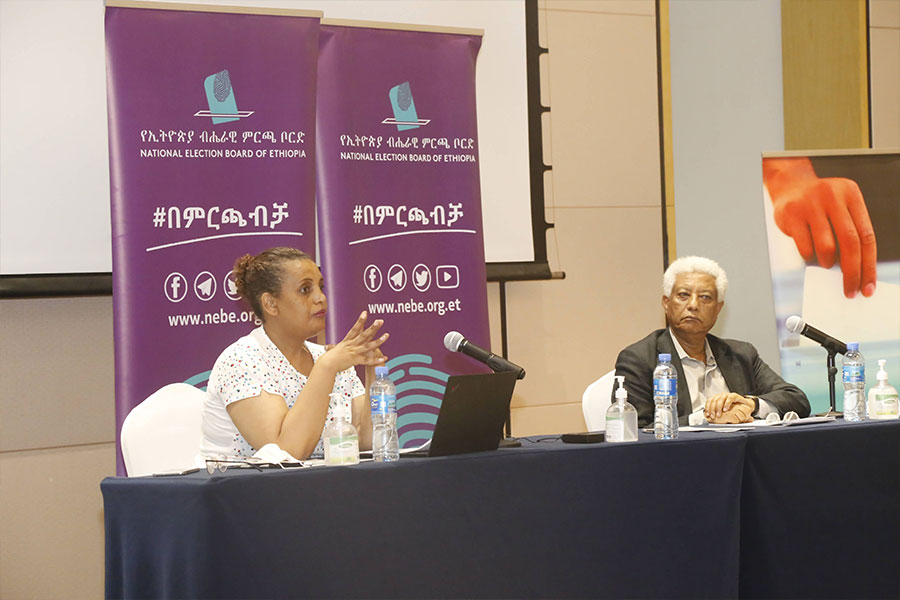
News Analysis | Jun 19,2021
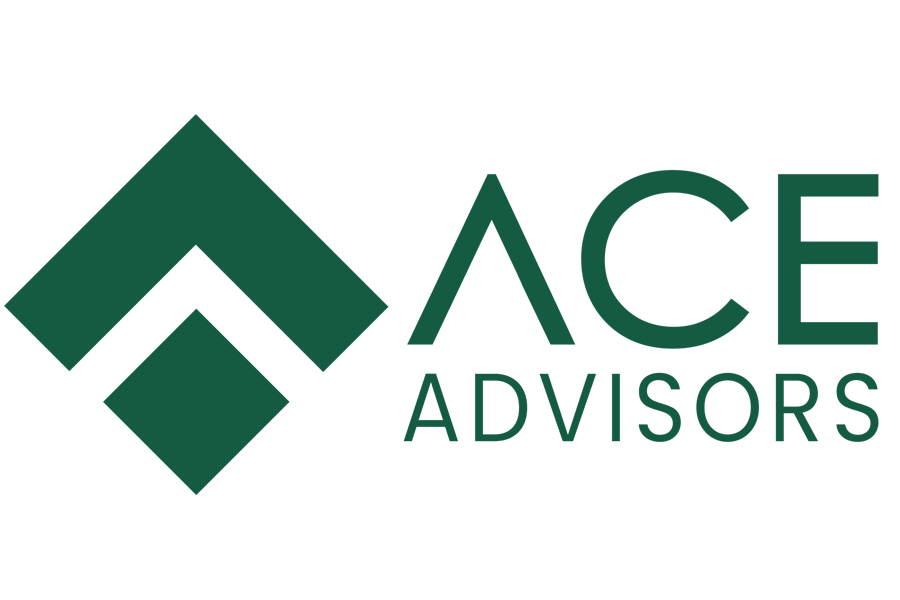
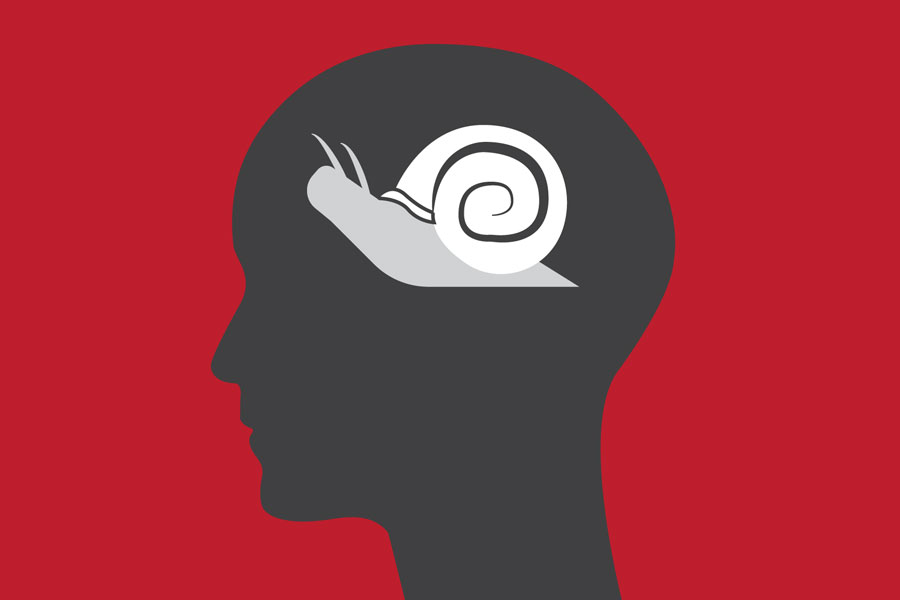
View From Arada | May 21,2022

My Opinion | Aug 03,2019

Life Matters | Jun 04,2022

Radar |
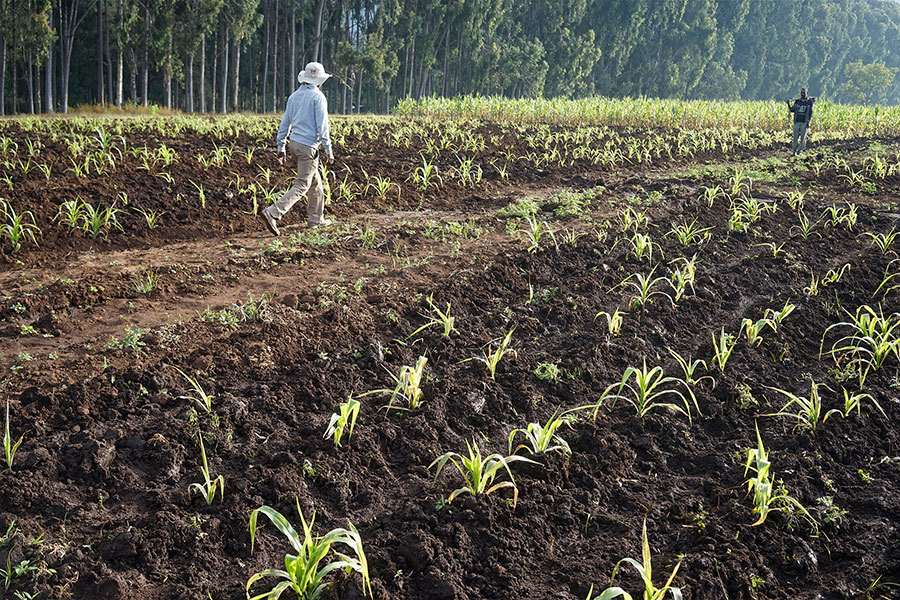
Fortune News | May 10,2022

Radar | Sep 10,2021

Fortune News | Jul 11,2021

Photo Gallery | 155567 Views | May 06,2019

Photo Gallery | 145844 Views | Apr 26,2019

My Opinion | 135185 Views | Aug 14,2021

Photo Gallery | 134344 Views | Oct 06,2021

Dec 22 , 2024 . By TIZITA SHEWAFERAW
Charged with transforming colossal state-owned enterprises into modern and competitiv...

Aug 18 , 2024 . By AKSAH ITALO
Although predictable Yonas Zerihun's job in the ride-hailing service is not immune to...

Jul 28 , 2024 . By TIZITA SHEWAFERAW
Unhabitual, perhaps too many, Samuel Gebreyohannes, 38, used to occasionally enjoy a couple of beers at breakfast. However, he recently swit...

Jul 13 , 2024 . By AKSAH ITALO
Investors who rely on tractors, trucks, and field vehicles for commuting, transporting commodities, and f...

Sep 13 , 2025
At its launch in Nairobi two years ago, the Africa Climate Summit was billed as the f...

Sep 6 , 2025
The dawn of a new year is more than a simple turning of the calendar. It is a moment...

Aug 30 , 2025
For Germans, Otto von Bismarck is first remembered as the architect of a unified nati...

Aug 23 , 2025
Banks have a new obsession. After decades chasing deposits and, more recently, digita...
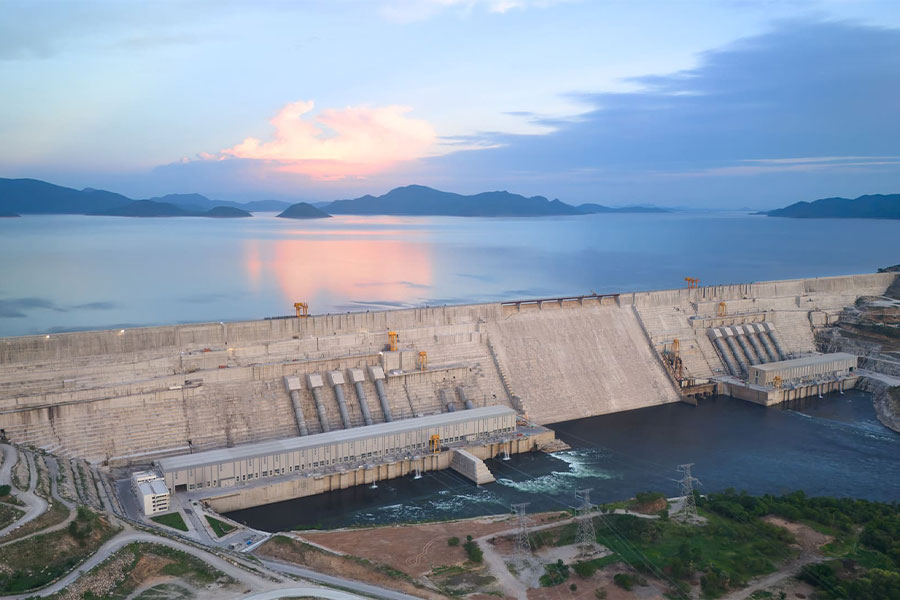
Sep 15 , 2025 . By AMANUEL BEKELE
The Grand Ethiopian Renaissance Dam (GERD), Africa's largest hydroelectric power proj...
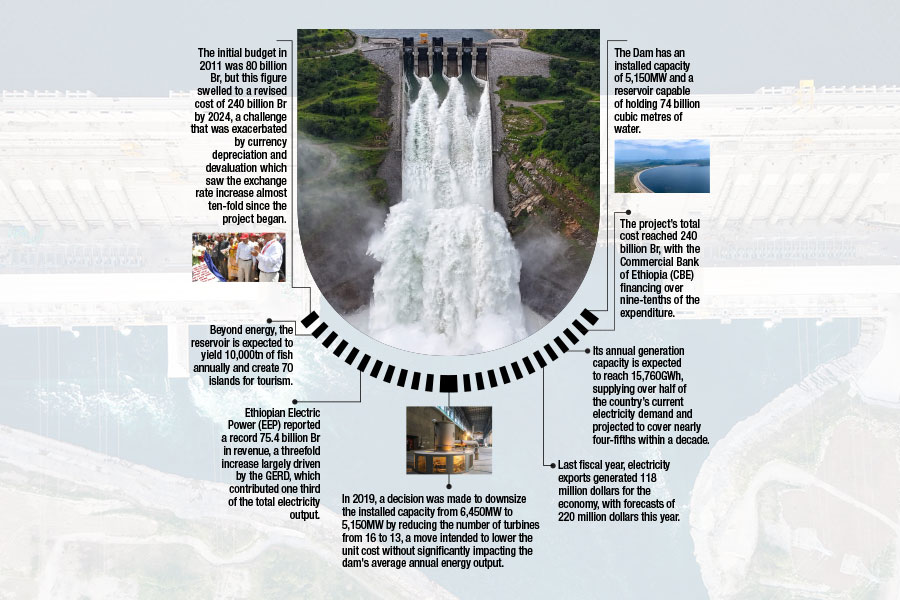
Sep 13 , 2025
The initial budget in 2011 was 80 billion Br, but this figure swelled to a revised cost of 240 billion Br by 2024, a challenge that was exac...

Sep 13 , 2025 . By BEZAWIT HULUAGER
Banks are facing growing pressure to make sustainability central to their operations as regulators and in...

Sep 15 , 2025 . By YITBAREK GETACHEW
The Addis Abeba City Cabinet has enacted a landmark reform to its long-contentious setback regulations, a...